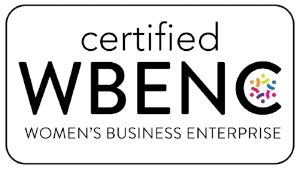Payback Analysis
Here we present an example payback analysis for a fictitious plastics company. All the numbers are hypothetical, but are representative of the situation encountered in practice.
The Situation
Built in 1971, Elastic Plastic Corp (EPC) is a producer of polyolefins, polypropylene and polyethylene resins. EPC uses steam to heat resin process and transfer equipment to 550°F. At EPC’s production facility, 30% of the equipment used in processing and transferring the resin is irregularly shaped (such as valves, pumps, flanges, instruments, and heat exchanger heads), approximately 5600 ft2 of exposed surface area, and impossible to insulate with standard hard insulation. While the process and transfer piping is insulated, the irregularly shaped equipment is not. This uninsulated equipment sits outside exposed to the environment, contributing to significant heat loss. If the resin temperature drops below 400°F, it can harden in the pipe causing a blockage and a production shutdown. Also, due to the age of EPC’s equipment, easy access for regular maintenance is required.
With the increasing natural gas price, EPC is looking for ways to lower its natural gas usage. With the current boiler technology implemented at EPC, it can produce 10 Therms (1,000,000 Btu) of steam heat for the cost of $10 in natural gas.
EPC is located in a region where winter temperatures can drop below freezing. In the past, EPC has experienced several unscheduled production shutdowns due to the resin freezing in the pipes during the winter season. EPC is looking to eliminate these unscheduled shutdowns.
Insulation Installed
To address EPC’s requirement, 2” thick Hi-Temp Fiberglass Mat insulation covered with fiberglass cloth coated with Teflon is recommended. The Hi-Temp Fiberglass Mat provides great insulation properties, and it also holds its form better than other kinds of insulation. This gives it great cyclic life. It allows for EPC to remove and replace the insulation for maintenance, without damaging it.
The Results
In EPC’s case, uninsulated equipment will lose heat at an average of 2,168.57 Btu/Hr-ft2. With insulation, the loss is reduced to an average of 65.56 Btu/Hr-ft2. EPC operates its production for 200 days a year, 24 hours a day. Running the math, EPC will save $565,289.09/year.
![]()
For most projects, that translates to a payback period of less than a year.


